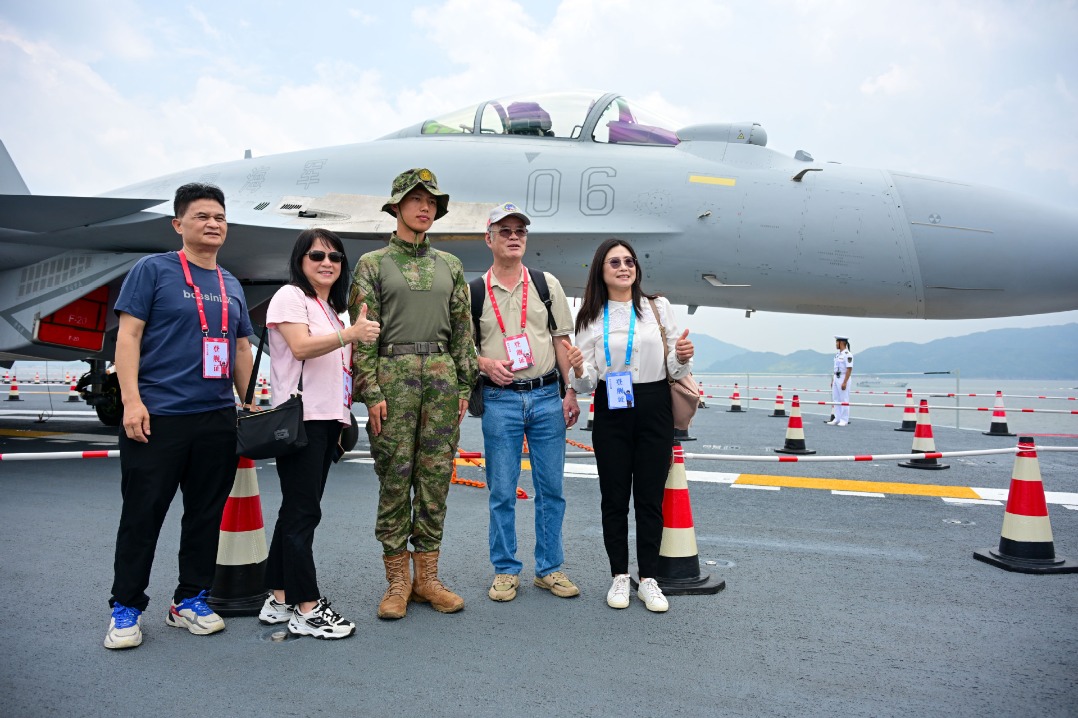The top 10 stories of 2017






Anti-graft campaign continues official cleanup
By Cao Yin
Last year, China made great strides in combating corruption and building a supervisory system, as the government's determination to prevent graft was strengthened and the Communist Party of China stepped up efforts to guarantee the rule of law.
Twenty high-ranking officials-or "tigers"-directly under the control of the central leadership were investigated for alleged graft and violations of discipline, while 51 of the country's 100 most wanted fugitives who had fled overseas returned to face the music.
For example, Sun Zhengcai, ex-Party chief of Chongqing, and Wang Sanyun, former vice-chairman of the Education, Science, Culture and Public Health Committee of the 12th National People's Congress, were placed under "coercive measures"-including mandatory questioning, bail requirements, residential surveillance and detention-on suspicion of accepting bribes.
In December, Li Wenge, a former tax bureau worker in Yunnan province, was the 51st person out of 100 fugitives on Interpol's Red Notice list, which alerts countries that the person is wanted for questioning by a third party, to return to China.
The anti-graft campaign was further boosted by the establishment of a national surveillance system. The draft supervisory law, aimed at regulating the fight against corruption and protecting the rights of detainees, was twice reviewed by the top legislature and will be submitted to the National People's Congress for review this year.
Meanwhile, supervisory commissions formed from Party discipline inspection commissions successfully monitored officials.
That means the fight against corruption is being pushed forward by adherence to the rule of law and the supervisory mechanism is being improved from the bottom up.




















